
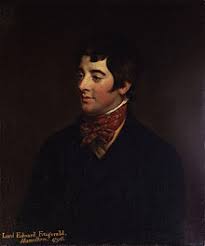
Today neither a birth nor a death, but an act of supreme betrayal.
Everyone knows that a variety of Irish revolutionary organizations were, over the years bedeviled by informers. Contrary to Brendan Behan’s famous axiom, it would appear that the first item on the agenda of such groups was not ‘the split’ but the decision on who would be the most effective government spy.
One of the most enthusiastic of those was Francis Magan—his most distinguished victim was the charismatic and highly romanticized United Irishman leader, Lord Edward Fitzgerald. Fitzgerald was the almost anonymous Magan’s polar opposite, aristocratic, idealistic and captivating. He had fought in the British Army in the American War of Independence, journeyed down the Mississippi river with an escaped African-American slave, Tony Small, who had saved his life on the battlefield, was elected to the Irish parliament as a supporter of the ‘Patriot’ leader, Henry Grattan, and joined the United Irishmen. Fitzgerald, despite his elevated social status, was pledged to the establishment of an Irish Republic, along French lines. In the planned rebellion of 1798 Fitzgerald was to lead the Dublin-based rebels.
Magan, born in 1774, was a lawyer who had come into a decent inheritance and was a man of independent means, but not fabulously wealthy like Fitzgerald, son of the Duke of Leinster. However, Magan didn’t exactly want for money, so his betrayal of the United Irishmen’s cause cannot be explained away simply by the pursuit of thirty pieces of silver. He joined the United Irishmen in 1792, and became a prominent member of the organisation’s Dublin committee.
Magan’s conduit to the government was the infamous Francis Higgins. Known as ‘The Sham Squire’ Higgins was the proprietor of Dublin Castle’s favourite newspaper, The Freeman’s Journal, and a long-standing government agent. Higgins informed the Under Secretary, Edward Cooke, Britain’s spymaster in Dublin, about Magan’s availability and his unrivalled access to the revolutionary plans of the United Irishmen. Cooke immediately recognized that the lawyer could prove to be an invaluable asset. He wasn’t far wrong. After negotiating a nice little earner for himself—£1000 for information leading to the arrest of Fitzgerald—Magan went to work.
In order to help him locate Fitzgerald, Magan organized a meeting of the Dublin United Irishmen in his own house, on the night of 17 May 1798. Lord Edward may even have spent the night in Magan’s home, at No. 20 Usher’s Island on the south quays. The authorities failed to apprehend Fitzgerald on that occasion, however. Time was running out for the Castle. On 19 May Fitzgerald was due to lead more than a thousand rebels in an attempt to seize the capital city. Enter Magan one more time. He kept the Castle informed of Lord Edward’s whereabouts—he wasn’t too far away from them, on Thomas Street—and this time they got their man. Fitzgerald was wounded in the attempt to arrest him, lingered for a few days, and died in Newgate Prison, on 4 June. The rebellion of the United Irishmen, as a consequence, failed utterly in Dublin.
The spies, however, fell out amongst themselves. In 1802 Higgins died without having handed over the £1000 that had been promised to his protégé. The Castle had been under the illusion that Magan had been paid off, and were dismayed when he sued the Higgins estate. They did not particularly want their machinations being discussed in open court, so the erstwhile informer was bought off with an award of £500.
Magan got away with it in his own lifetime. He died in 1834, and prior to that had been an active member of Daniel O’Connell’s Catholic Association. There is no evidence that his career as a ‘spook’ was extended into the 19th century, though he did offer to rat out a few more rebels in 1801. He was not outed as an informer until 1859, by the historian William J.Fitzpatrick, who also exposed Francis Higgins as a gifted but corrupt ‘supergrass’. Fitzpatrick, unaware that Magan was a relatively wealthy man, assumed that his actions had been prompted solely by greed.
Francis Magan successfully betrayed Lord Edward Fitzgerald to the British authorities two hundred and nineteen years ago, on this day.
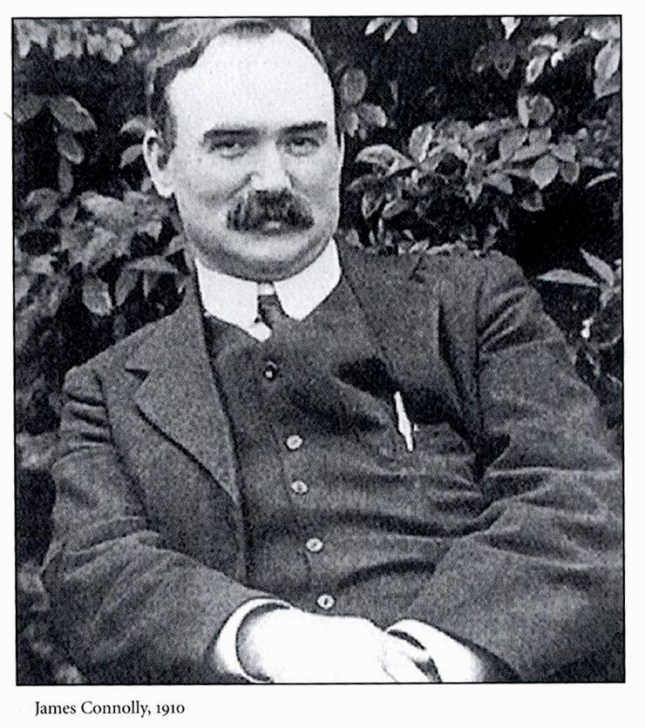
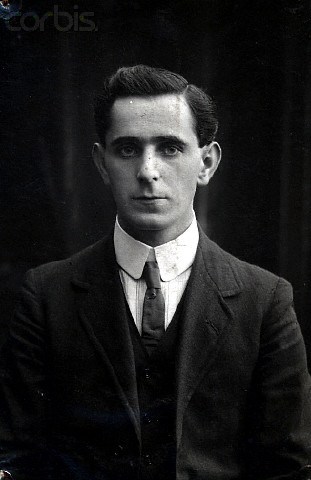
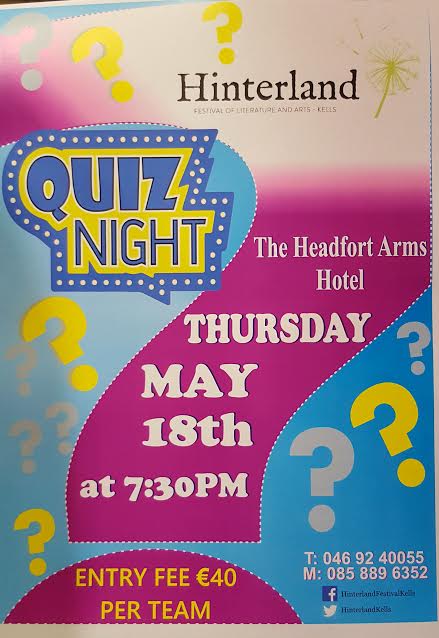

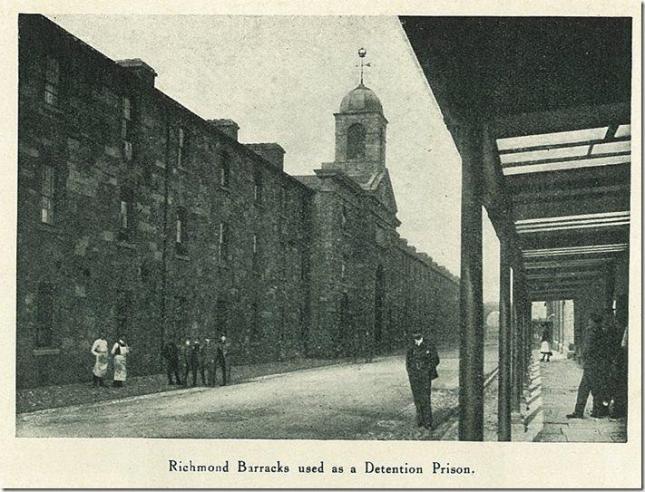
You must be logged in to post a comment.